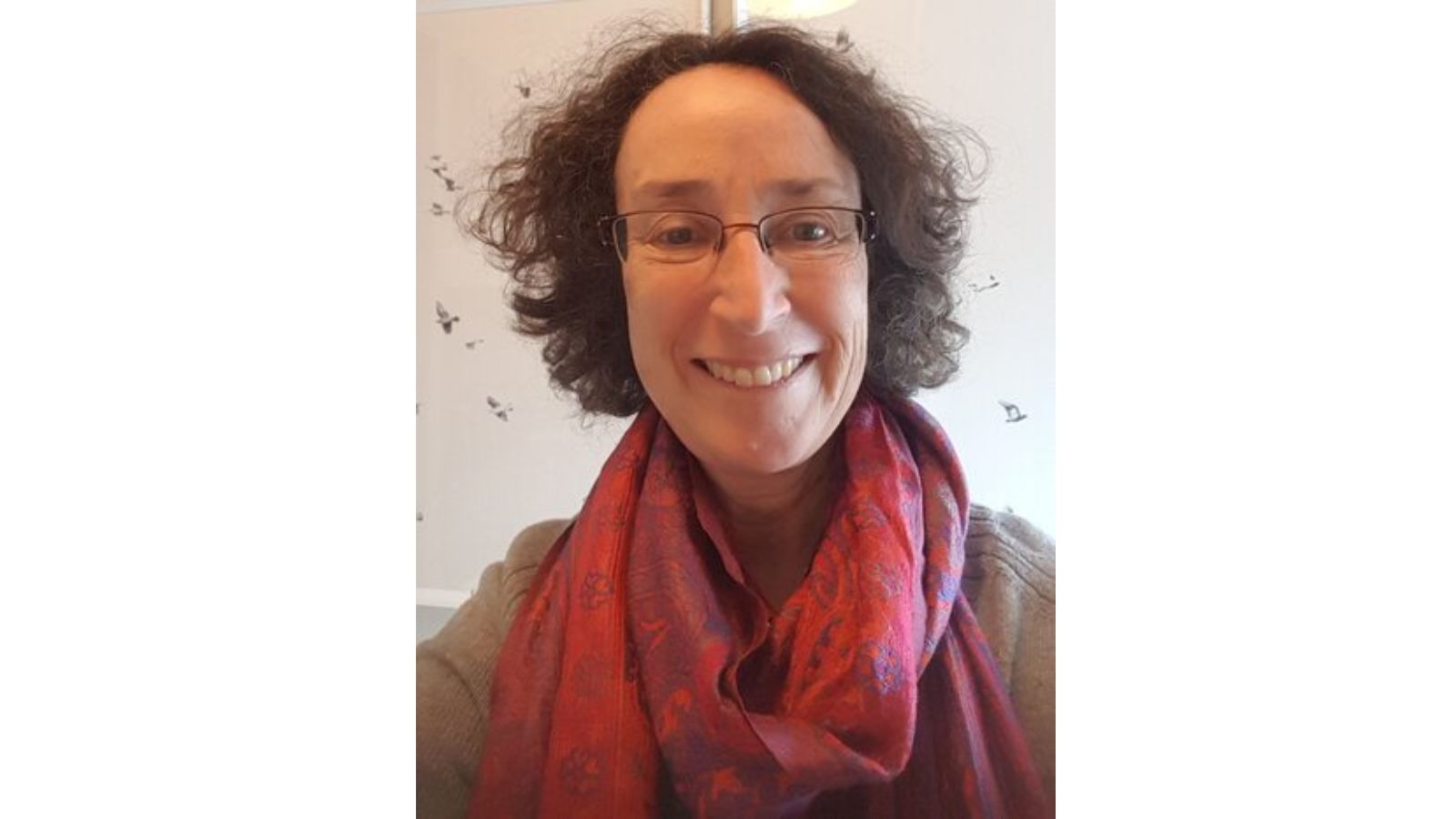Using Data To Improve Patient Care: A Legacy of Helping to Make NYGH a Leader in Health Data Analytics

North York General Hospital’s (NYGH) Dr. Michelle Greiver is regarded as a leader in using data to improve patient care. Yet her journey to becoming a researcher came as a surprise. In the 1990s, Dr. Greiver was focused on her thriving family practice at the former Branson Hospital (which later became part of NYGH and is now our Finch Site – Reactivation Care Centre), and she was a busy parent of two young children. Until one day, a colleague suggested she pursue research because she was constantly asking questions.
“I always believed curiosity must be part of the culture for family physicians,” says Dr. Greiver, a family physician practicing in the North York community for over 35 years. “I am driven by relentless curiosity about problems affecting my patients because it is important to ask questions and challenge ideas and concepts.”
In August, Dr. Greiver completed her five-year term as the Gordon F. Cheesbrough Research Chair in Family and Community Medicine at NYGH. Her impressive body of research advances NYGH’s strategic priorities in leveraging data and applying a health equity lens for improving the delivery of primary and community care.
“North York General is recognized for its leadership in health data analytics to improve patient flow and guide decision-making,” says Michael Wood, Director of Research & Innovation at NYGH.
“For many years, including in her role as Research Chair, Dr. Greiver has advanced the use of data to improve day-to-day primary care. And in so doing that, she has strengthened our culture of embracing data to make quality improvements.”
Dr. Greiver played an instrumental role in creating one of Canada’s largest primary care databases, UTOPIAN. The initiative—founded as a partnership between NYGH and the Department of Family and Community Medicine at the University of Toronto—brought together researchers, family physicians and primary care practices to create the searchable database to support health research and clinical trials. The database would later link to hospital data to help research on transitions of care (moving a patient from one care setting to another).
“Dr. Greiver has always said you can’t improve what you can’t measure,” says Dr. David Eisen, Chief of Family and Community Medicine and Program Medical Director at NYGH. “She taught us early on that ‘data is power’ and that we needed a large health database to inform research. This has a real value to patients and clinicians.”
Dr. Greiver later collaborated with Dr. Kimberly Wintemute, a physician at the North York Family Health Team and Assistant Professor at the Department of Family and Community Medicine at the University of Toronto, to look at primary care through a data and health equity lens.
“Research tells us that poverty can impact a person’s health. At that time, health care was largely focused on biological factors with less consideration for socio-economic influences,” says Dr. Greiver.
“Our study was the first of its kind to add neighbourhood-level income data to a patient’s electronic health records and equip physicians with data to screen for poverty. Patients having difficulties making ends meet were referred to a case worker with the North York Family Health Team for support.”
Looking back at her term as Research Chair, Dr. Greiver is pleased to leave behind a strong culture of data-driven inquiry at NYGH. She is also delighted so many of her colleagues in family medicine have contributed to better care by participating in important research projects.
“Through my research, I have used data to improve the daily care of patients,” says Dr. Greiver. “I would like to thank the Cheesbrough Family, the NYGH Foundation, the leadership of NYGH and the Research and Innovation department for the opportunities to contribute to better care through primary care research.”
